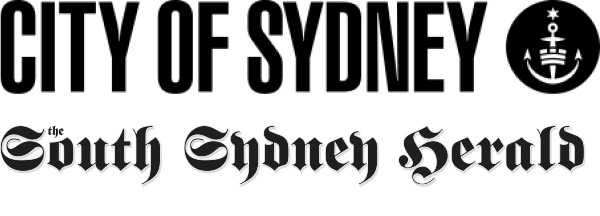The Block in Redfern was a unique neighbourhood to grow up in. More than an address, more than streets in a directory, The Block was created by Aboriginal people, and it created an Aboriginal community in working-class inner-city Sydney. This is where I was fortunate to grow up.
I was born in Sydney around the same time The Block was established in the early 1970s. My childhood was spent in a neighbourhood with football, cricket, BMX bike riding and breakdancing on the street, where a closed front door meant no one was at home, where the children were known to everyone – they were in and out of homes all along the streets.
This is quite normal for much of suburbia but quite rare for an inner-city suburb. I recall one house with two televisions, one having the picture and the other having the sound. That brings me a smile in retrospect.
Both my parents were from country towns, my father from Gumbaynggirr country at Nambucca Heads and my mother from Wiradjuri country at Cowra, and they met at the Foundation for Aboriginal Affairs, a legendary organisation in modern Aboriginal history. It was where the Black Lace band formed with Mac Silva on vocals and drums.
During the 1980s, it was common to hear, along Eveleigh Street on the weekend, Mac Silva’s voice singing “Midnight Special”, pitch perfect.

Another memory is the Koori Knockout, the Aboriginal rugby league knockout which began in discussions between young Aboriginal players at the Clifton Hotel in Botany Road in the early 1970s.
My family took me to the first game in 1971 at Camdenville Oval in nearby St Peters. The Koori Knockout has become the largest rugby league knockout carnival in the world and a way for many extended families to catch up each year – our big corroboree.

There were also a number of Aboriginal organisations developed during my childhood in Redfern: the Murawina preschool, founded by my mother and her family, which I attended along with my siblings and cousins; the Aboriginal Legal Service and Aboriginal Medical Service, which my father cofounded; the Black Theatre, co-founded by my uncle, Gary Foley, which helped impart cultural and political information to the public.
There was always great activity and excitement in our neighbourhood on The Block. We all knew each other, went to school together and socialised together. I would not change a thing.
_______________

This is the first in a series of articles by Aboriginal and Torres Strait Islander people living and working on Gadigal land. The series, a joint project of the SSH and the City of Sydney, is curated by Aunty Norma Ingram.





